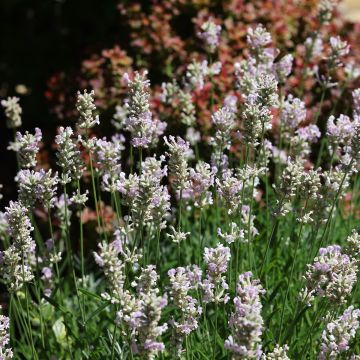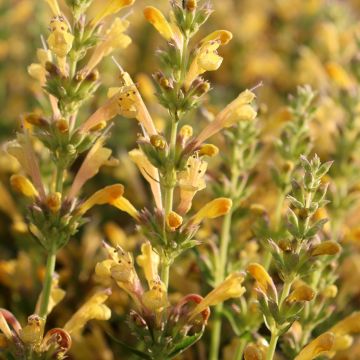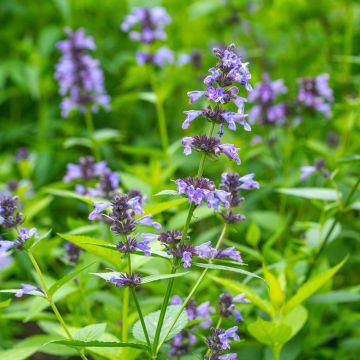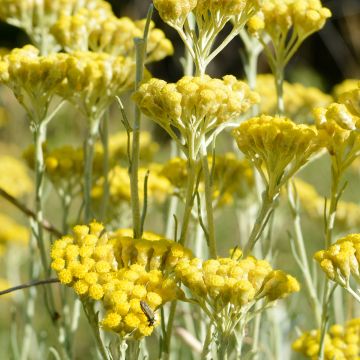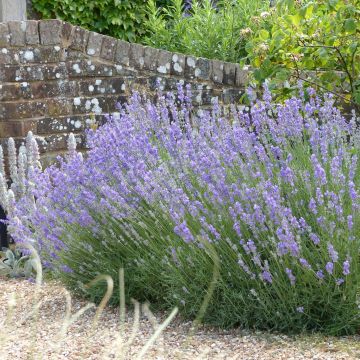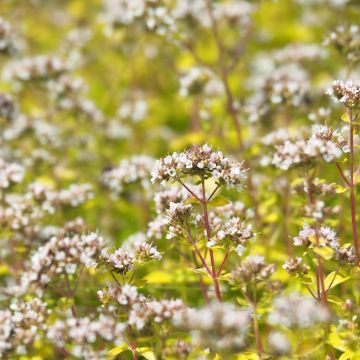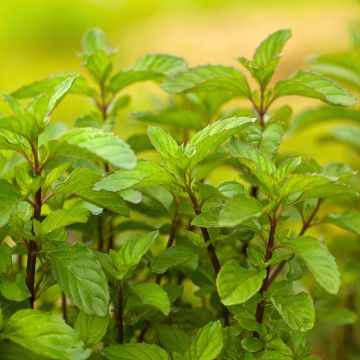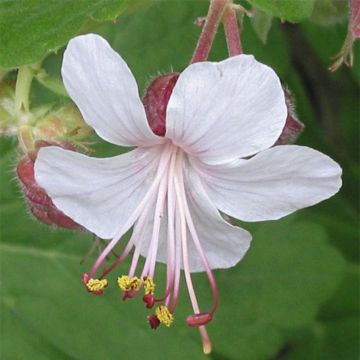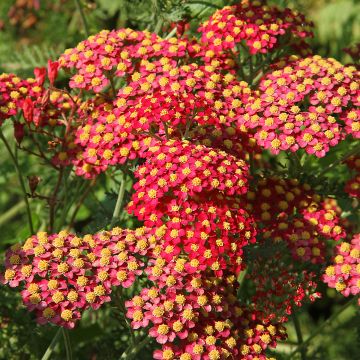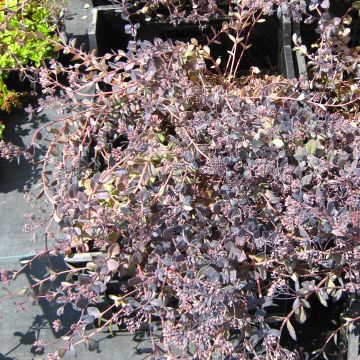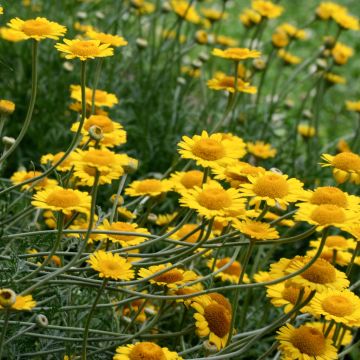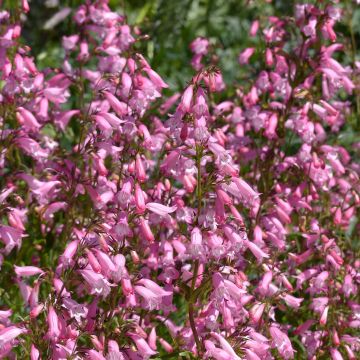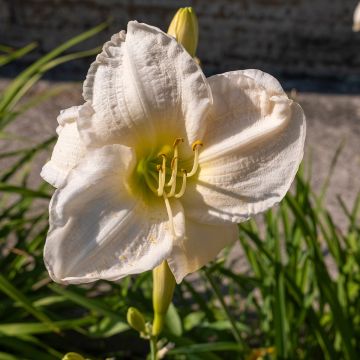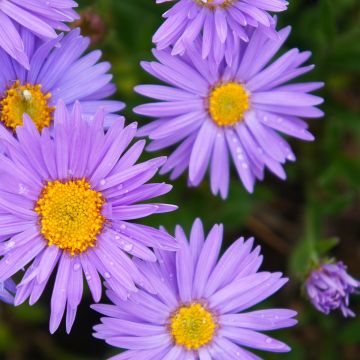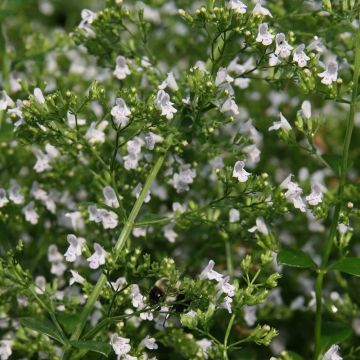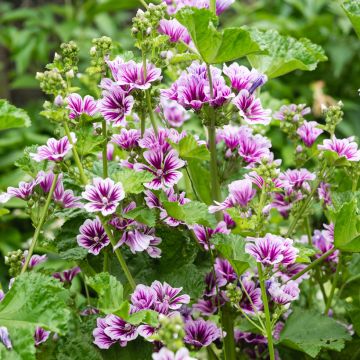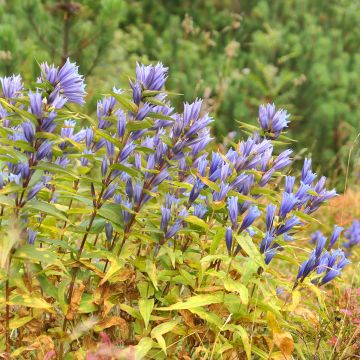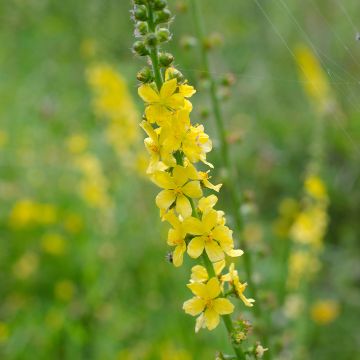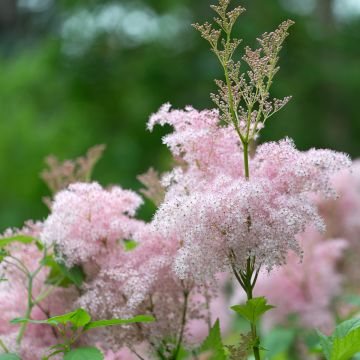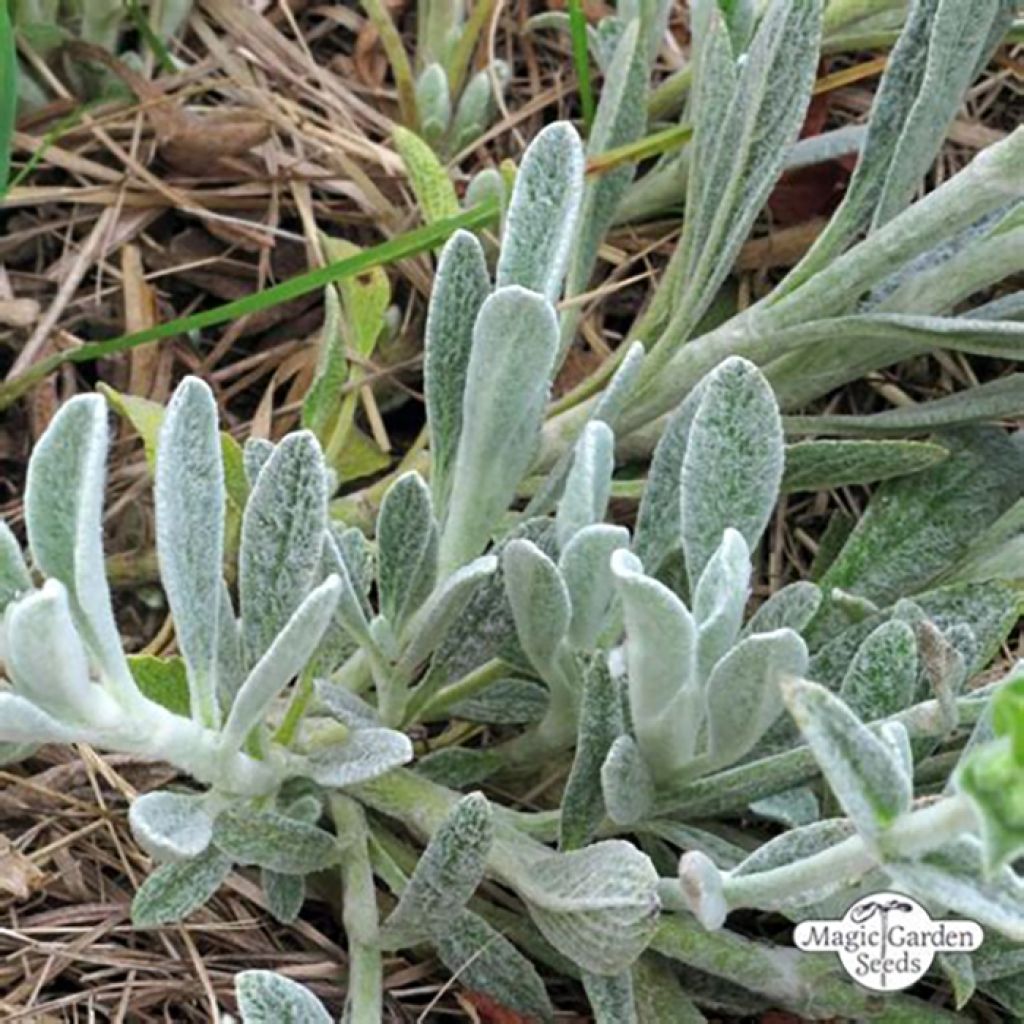

Thé grec des montagnes - Sideritis syriaca - Thé de Crète
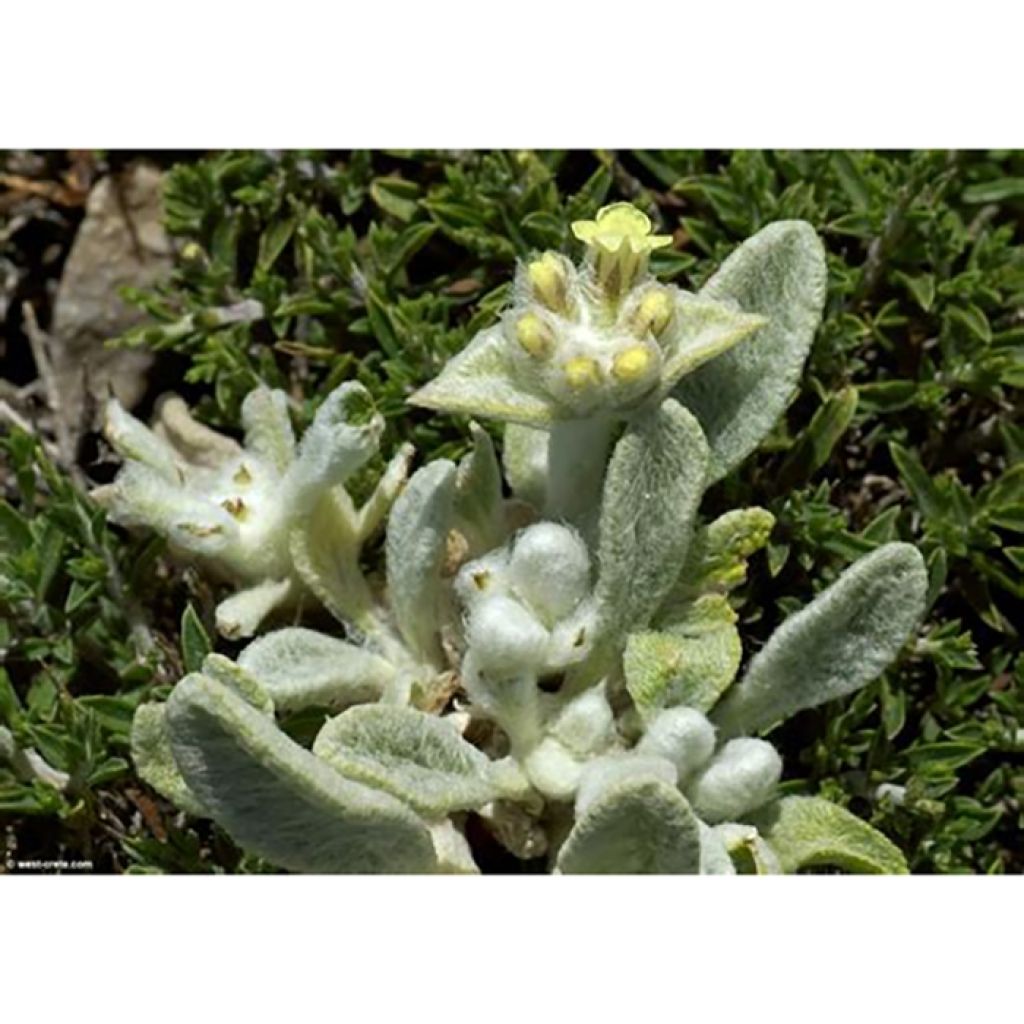

Thé grec des montagnes - Sideritis syriaca - Thé de Crète
Sideritis syriaca
Sideritis syriaca
Mountain Tea
With a 2-year hindsight: the young plants, received small and looking a bit weak, are now very vigorous and starting their first flowering! They have filled all the planting space (concrete container for retaining wall, the highest one to be well drained). Very good resistance to drought.
Corinne, 24/04/2024
This item cannot be shipped to the selected country
Delivery charge from €5.90
More information
Schedule delivery date,
and select date in basket
This plant carries a 12 months recovery warranty
More information
We guarantee the quality of our plants for a full growing cycle, and will replace at our expense any plant that fails to recover under normal climatic and planting conditions.
From €5.90 for pickup delivery and €6.90 for home delivery
Express home delivery from €8.90.
Does this plant fit my garden?
Set up your Plantfit profile →
Description
Mountain Tea, in Latin Sideritis syriaca, is a perennial aromatic and medicinal plant. It forms small, very low tufts and has small, woolly, silver-grey, aromatic, evergreen leaves. In late spring, the cushion comes alive with small, light yellow flowers grouped in spikes. Leaves, stems, and especially dried flowers have been used by shepherds in the Cretan mountains who prepare an invigorating and fragrant herbal tea, sweetened with honey and lemon. This Greek tea is both a preferred plant for dry rock gardens and arid areas of the garden and one of the gems of the simple garden.
Endemic to Crete, Sideritis syriaca spontaneously grows on rocks and limestone scree, between 1200 (1320) and 2000m (2187 yards) above sea level. It is a botanical species belonging to the Lamiaceae family, just like thyme, savoury, and oregano. This perennial plant develops into a tuft of 10-15 cm (4-6in) in height and 30-40 cm (12-16in) in spread. Its stump slightly suckers, so it can spread to form groundcover. The narrow, elongated leaves are covered with a woolly down that gives them a lovely silver-grey colour. When crushed, they give off a fresh, peppery smell. The flowering occurs in May-June. It takes the form of flower spikes 40 cm (16in) high adorned with very small bilabiate flowers in light yellow with acid green bracts, which are very bright. This flowering, like that of all plants in the Lamiaceae family, attracts numerous pollinators. Extremely resistant to summer drought, this Greek mountain tea can also withstand short freezes of around -15°C (5°F).
Sideritis syriaca is primarily a beautiful plant for sunny and dry, poor, rocky soil, valuable for gardens near the sea or Mediterranean regions without irrigation. It finds its place in rock gardens, gravel beds, with aromatic plants, or even as an edging along a pathway. It can be associated with thyme, shrubby salvias, marjoram (Origanum majorana), compact lavenders, savory, teucrium, low cistus, and other santolines to evoke the scrubland in a dry area of the garden. One of the charms of this type of arrangement lies in the scents emitted by all these plants after a hot day: they blend into a complex fragrance to be enjoyed with closed eyes: intense, captivating, it constitutes the quintessence of the Mediterranean countryside.
Properties and uses:
Sideritis syriaca has been known since antiquity as a medicinal plant and is still used as a beverage or remedy in Greece, Bulgaria, and Albania. Delicious invigorating herbal tea is prepared with the flowers and leaves. Harvest the flower spikes and leaves during the flowering period and hang them to dry in a dark and well-ventilated place. Infuse, like tea, and serve with a little lemon juice and honey. This mountain tea is attributed with anti-inflammatory, antibacterial, and immune system stimulating properties.
Report an error about the product description
Sideritis syriaca in pictures


Flowering
Foliage
Plant habit
Botanical data
Sideritis
syriaca
Lamiaceae
Mountain Tea
Mediterranean
Other Herb perennials
Planting and care
The Greek Mountain Tea is a plant perfectly adapted to the Mediterranean climate. It requires full sun and a very well-drained soil, preferably poor, even very chalky and rocky. It is undemanding, but it dislikes strong frosts that harm its hardiness. In a porous soil, it will withstand short frosts of around -15°C (5°F). Plant it preferably in early autumn in a favourable climate, but after the last frosts. Like many plants of scrubland, it cannot tolerate waterlogged soils in winter, nor too frequent watering in summer: the combination of heat and moisture in the soil can be fatal to it. Water this plant only as much as necessary for its establishment, prioritising generous but spaced waterings (every 8 to 15 days). Do not provide it with potting cpmpost or fertiliser, simply lighten the soil in your garden with a large amount of gravel and plant it in a raised bed or in a dry rock garden.
A poor and dry soil allows this plant to live longer.
Planting period
Intended location
Care
-
, onOrder confirmed
Reply from on Promesse de fleurs
Summer flowering perennials
Haven't found what you were looking for?
Hardiness is the lowest winter temperature a plant can endure without suffering serious damage or even dying. However, hardiness is affected by location (a sheltered area, such as a patio), protection (winter cover) and soil type (hardiness is improved by well-drained soil).

Photo Sharing Terms & Conditions
In order to encourage gardeners to interact and share their experiences, Promesse de fleurs offers various media enabling content to be uploaded onto its Site - in particular via the ‘Photo sharing’ module.
The User agrees to refrain from:
- Posting any content that is illegal, prejudicial, insulting, racist, inciteful to hatred, revisionist, contrary to public decency, that infringes on privacy or on the privacy rights of third parties, in particular the publicity rights of persons and goods, intellectual property rights, or the right to privacy.
- Submitting content on behalf of a third party;
- Impersonate the identity of a third party and/or publish any personal information about a third party;
In general, the User undertakes to refrain from any unethical behaviour.
All Content (in particular text, comments, files, images, photos, videos, creative works, etc.), which may be subject to property or intellectual property rights, image or other private rights, shall remain the property of the User, subject to the limited rights granted by the terms of the licence granted by Promesse de fleurs as stated below. Users are at liberty to publish or not to publish such Content on the Site, notably via the ‘Photo Sharing’ facility, and accept that this Content shall be made public and freely accessible, notably on the Internet.
Users further acknowledge, undertake to have ,and guarantee that they hold all necessary rights and permissions to publish such material on the Site, in particular with regard to the legislation in force pertaining to any privacy, property, intellectual property, image, or contractual rights, or rights of any other nature. By publishing such Content on the Site, Users acknowledge accepting full liability as publishers of the Content within the meaning of the law, and grant Promesse de fleurs, free of charge, an inclusive, worldwide licence for the said Content for the entire duration of its publication, including all reproduction, representation, up/downloading, displaying, performing, transmission, and storage rights.
Users also grant permission for their name to be linked to the Content and accept that this link may not always be made available.
By engaging in posting material, Users consent to their Content becoming automatically accessible on the Internet, in particular on other sites and/or blogs and/or web pages of the Promesse de fleurs site, including in particular social pages and the Promesse de fleurs catalogue.
Users may secure the removal of entrusted content free of charge by issuing a simple request via our contact form.
The flowering period indicated on our website applies to countries and regions located in USDA zone 8 (France, the United Kingdom, Ireland, the Netherlands, etc.)
It will vary according to where you live:
- In zones 9 to 10 (Italy, Spain, Greece, etc.), flowering will occur about 2 to 4 weeks earlier.
- In zones 6 to 7 (Germany, Poland, Slovenia, and lower mountainous regions), flowering will be delayed by 2 to 3 weeks.
- In zone 5 (Central Europe, Scandinavia), blooming will be delayed by 3 to 5 weeks.
In temperate climates, pruning of spring-flowering shrubs (forsythia, spireas, etc.) should be done just after flowering.
Pruning of summer-flowering shrubs (Indian Lilac, Perovskia, etc.) can be done in winter or spring.
In cold regions as well as with frost-sensitive plants, avoid pruning too early when severe frosts may still occur.
The planting period indicated on our website applies to countries and regions located in USDA zone 8 (France, United Kingdom, Ireland, Netherlands).
It will vary according to where you live:
- In Mediterranean zones (Marseille, Madrid, Milan, etc.), autumn and winter are the best planting periods.
- In continental zones (Strasbourg, Munich, Vienna, etc.), delay planting by 2 to 3 weeks in spring and bring it forward by 2 to 4 weeks in autumn.
- In mountainous regions (the Alps, Pyrenees, Carpathians, etc.), it is best to plant in late spring (May-June) or late summer (August-September).
The harvesting period indicated on our website applies to countries and regions in USDA zone 8 (France, England, Ireland, the Netherlands).
In colder areas (Scandinavia, Poland, Austria...) fruit and vegetable harvests are likely to be delayed by 3-4 weeks.
In warmer areas (Italy, Spain, Greece, etc.), harvesting will probably take place earlier, depending on weather conditions.
The sowing periods indicated on our website apply to countries and regions within USDA Zone 8 (France, UK, Ireland, Netherlands).
In colder areas (Scandinavia, Poland, Austria...), delay any outdoor sowing by 3-4 weeks, or sow under glass.
In warmer climes (Italy, Spain, Greece, etc.), bring outdoor sowing forward by a few weeks.

































